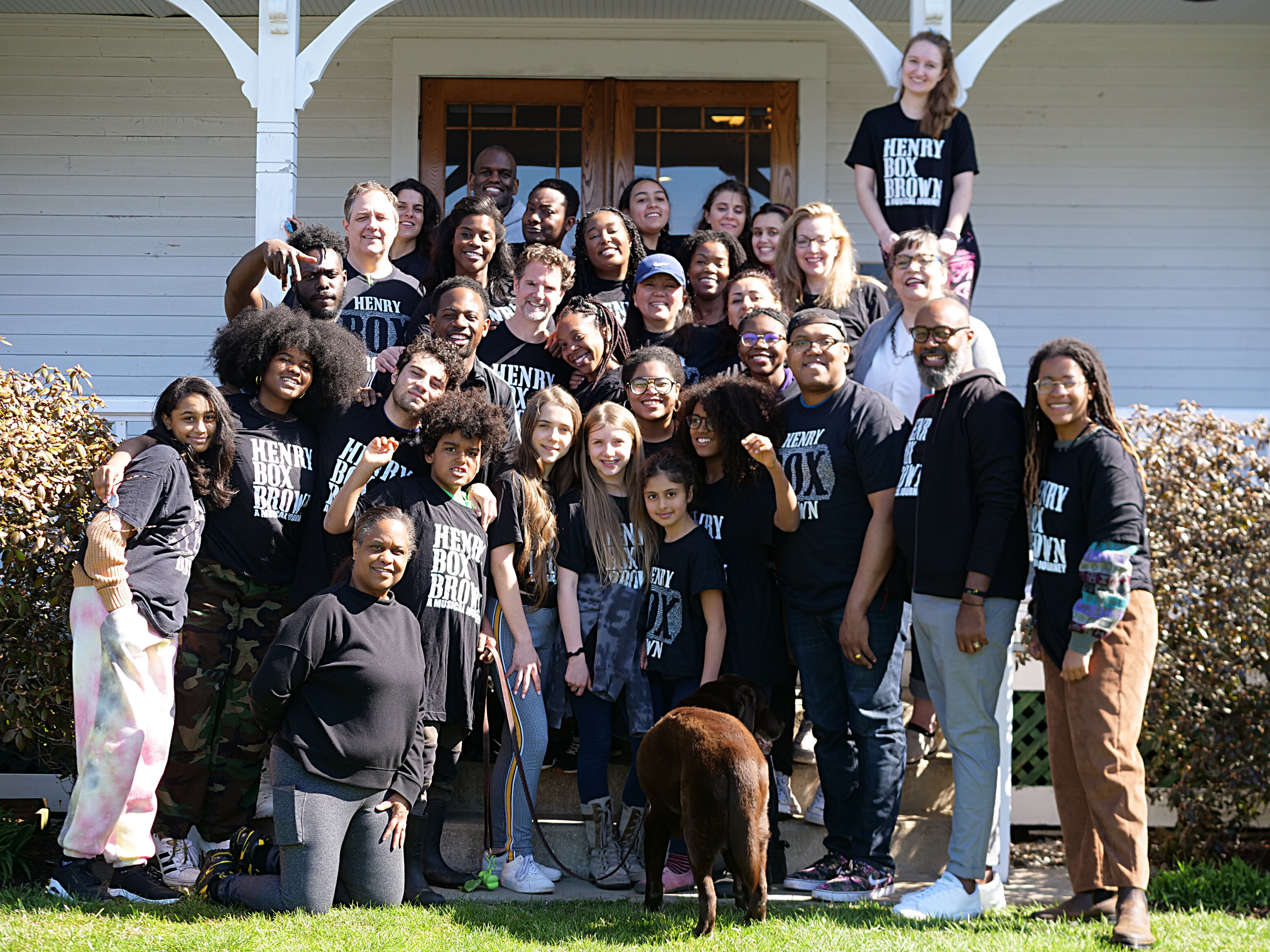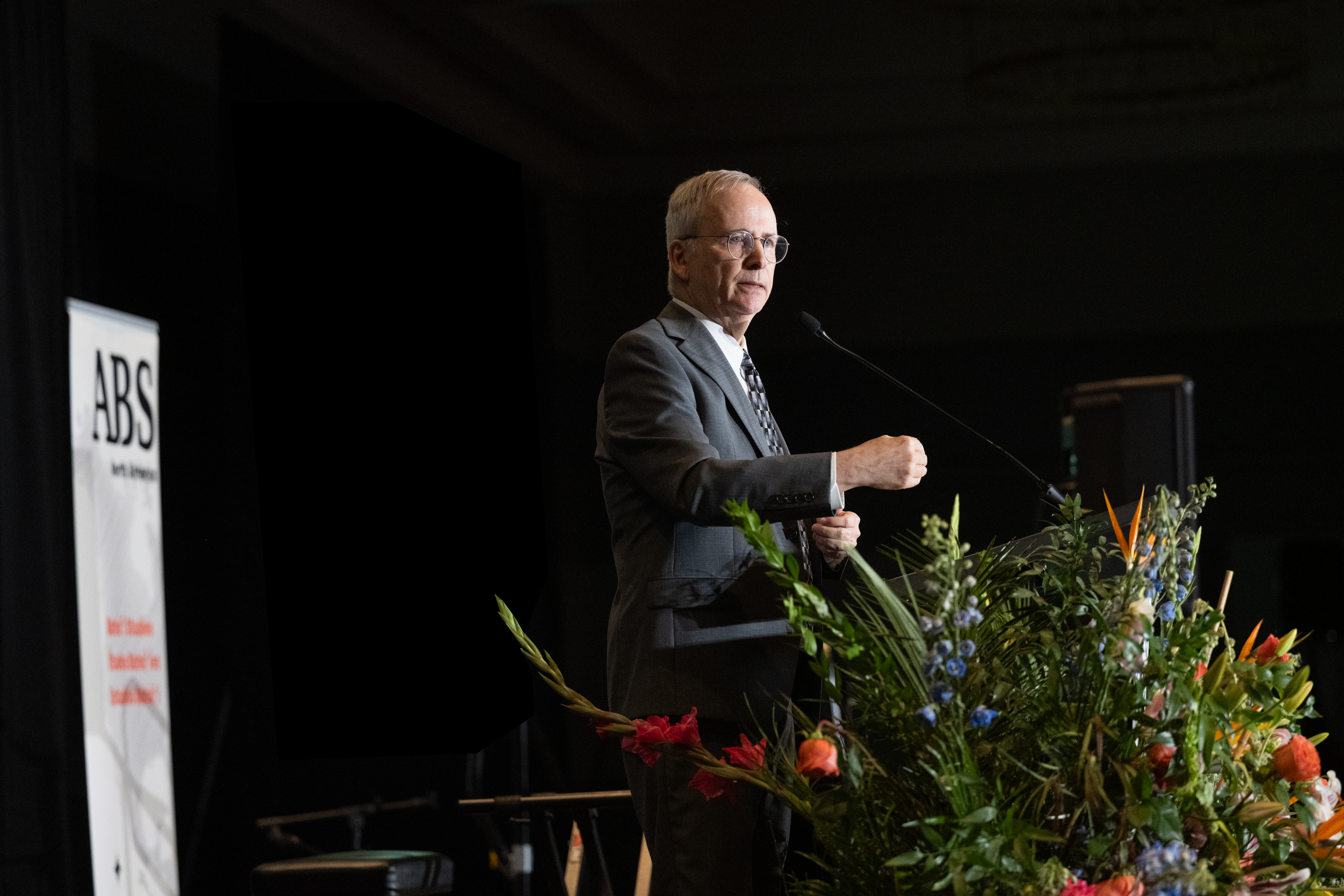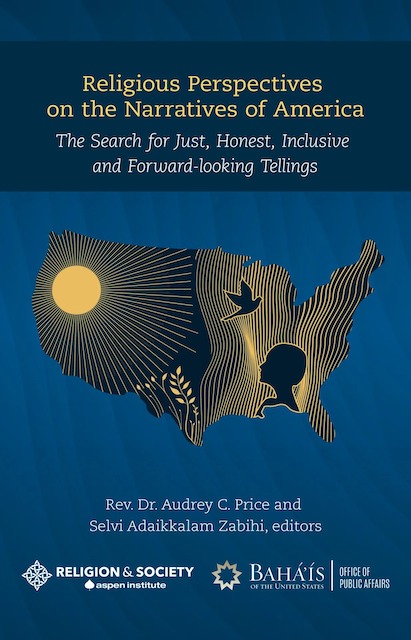
Missouri teen recognized with race relations award
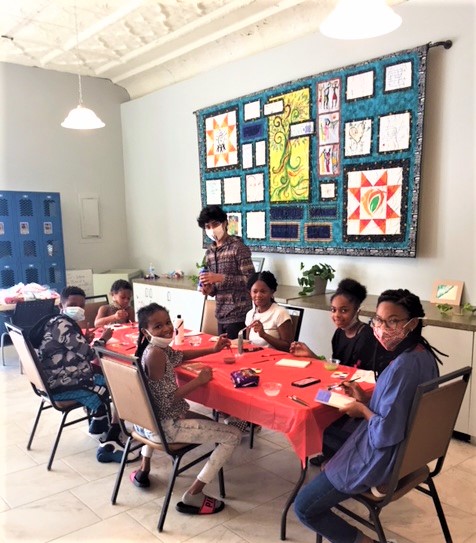
By Layli Miron
A Baha’i teen who organized a school-based Social Justice Club has earned national recognition. Adib Rabbani won a 2021 Princeton Prize in Race Relations, an award from Princeton University “to support and encourage young high school students committed to fostering positive race relations within their communities,” according to their website. Rabbani was among 29 winners in 2021, taking home the award for the Kansas City Region.
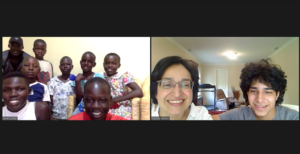
The story behind Rabbani’s prize is not only his own, but a story of a Baha’i family deeply dedicated to living out Baha’u’llah’s imperative to serve humanity. Martha Jalali Rabbani, Adib’s mother, is a scholar specializing in peace and justice who has spearheaded community-building projects and contributed to the Association for Baha’i Studies and the American Civil Liberties Union. Dr. Riaz Rabbani, Adib’s father, collaborated with other service-minded physicians to set up the Peace Clinic in Kansas City, which provides basic medical services to people in need, sometimes at no cost.
In 2013, Adib’s older sister, Clara Rabbani, started the first Social Justice Club at Pembroke Hill School, a private school in Kansas City, Missouri, that educates students from preschool through high school. Clara worked on projects with the group until she graduated, including coordinating a poetry collection by youth around the world.
After Clara moved away to attend college, Adib took up the reins. In 2019, at 14, he launched his iteration of the Social Justice Club, with mother Martha continuing to support the group’s projects, as she had with Clara. Thus, in a way, the club is a family initiative.
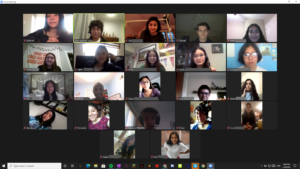
As Adib tells it, the Rabbani family has always drawn inspiration from Baha’i teachings. He points to “valuing diversity and ideas from many different groups,” a principle commonly summarized as unity in diversity. He and his sister have participated in Baha’i children’s classes, junior youth groups, and youth groups in their hometown over their years, and that involvement has influenced his approach to developing the club.
Like a Baha’i-inspired junior youth group, the Social Justice Club focuses on middle school students. And, as Adib says, “the Social Justice Club is youth led. In the [Baha’i] children’s classes, it was youth teaching other kids, and that inspired us.” Adib is the only Baha’i member, both of the club and of the entire school, though the other members will occasionally join him at Kansas City Baha’i youth gatherings. “We’re all good friends,” he says of his clubmates.
The Social Justice Club has carried out a range of projects in its two years under Adib’s leadership. For example:
- Painting Sundays at a shelter for homeless women, where “we’d go and paint with the ladies there, talk with them about each other’s lives, and stay for hours.”
- Just Art, where kids and youth donate their artwork to be auctioned to raise money for the club’s service work, such as a COVID-era project to provide masks to immigrants in Kansas City and to send hygiene packs to Brazilian families.
- Offerings for kids around the world, such as online Social Justice Summer Camps and the Focus on Justice youth photography competition.
- A collaboration with youth in Jinja, Uganda, facilitated by Baha’i Janet Cundall. The club is raising funds to support the Ugandan participants’ education, with plans to meet online biweekly for discussions about social justice.
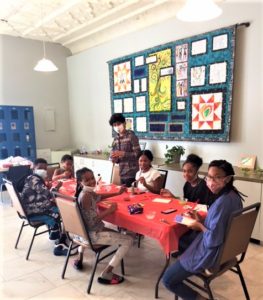
A project that especially impacted Adib’s perspective was a collaboration with high school students in Toluca, Mexico. The pandemic had pushed the Social Justice Club’s activities online, so, freed of geographic constraints, they took advantage of Martha’s global network. She put the club in touch with her contacts in Toluca. The teens launched a discussion group, enabling the Americans to practice Spanish and the Mexicans to practice English.
Adib says their conversations around social justice sparked realizations about “how our views are different, how where we live affects how we see the world.” He reflects, “A lot of the problems we think here are universal, they don’t think are the major problems. Here we talk about sexism and racism. There they talk about environmental justice more.”
With many of the club’s activities still occurring online, children and youth anywhere can get involved with the Social Justice Club. Biweekly discussions on social justice continue to form the club’s backbone.
Finally, what does “social justice” mean to Adib? To him, it goes beyond equality, and even equity, toward a vision of a society where people have constructed systems that ensure that “we can all fulfill our potentials,” Adib says.


